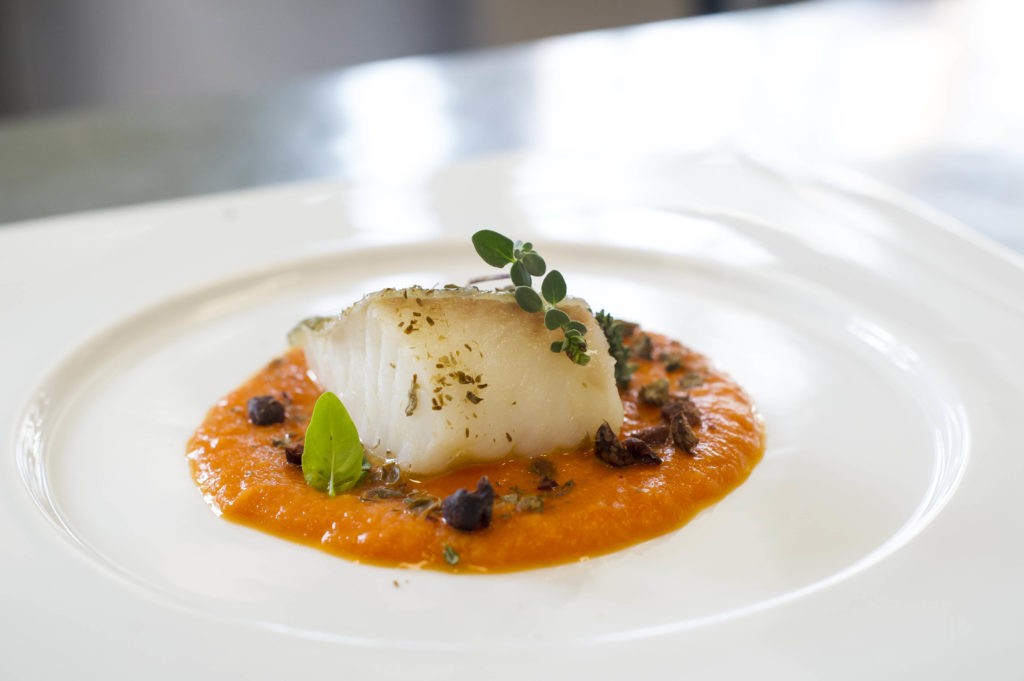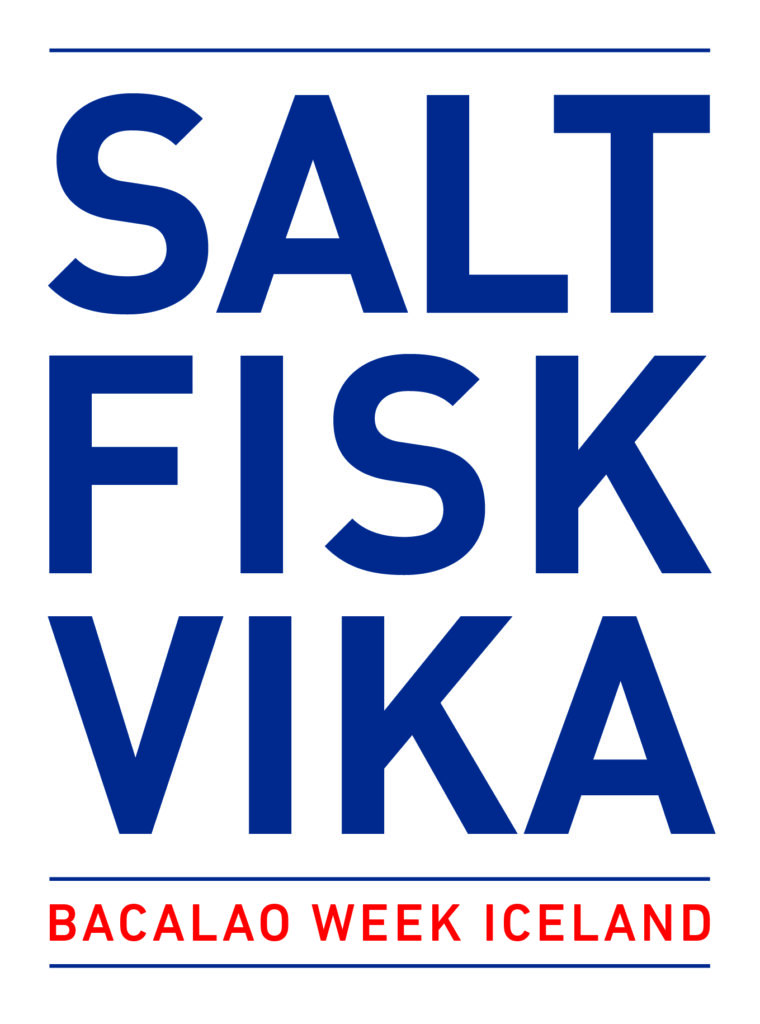There is a long tradition for processing salted fish in this country, but before that the salt was used primarily to extend the shelf life of the fish. Today, salted fish is considered a gourmet product that is very popular in many parts of the world, not least in Southern Europe, where the traditions and quality of Icelandic salted fish play a major role.
Matís recently gathered information about the image of salted fish products in the minds of Icelanders, general knowledge of salted fish and its history, and the experience of salted fish. The survey was conducted in May 2019 and a total of 505 people completed the survey.
Salt taste is not one of the main characteristics of salted fish
Salted fish that has been fully salted, replaced and dehydrated has a characteristic odor and effect, both of which are reminiscent of, for example, butter, popcorn, mushrooms, wet wood or dried fish. Salt taste, however, should not be one of the main characteristics of salted fish, even though the name "salted fish" indicates otherwise, and often causes misunderstandings, as the results of Matís' survey indicate.
Salted fish is not popular with the younger generation
There was a big difference in the participants' answers according to age. The results show that consumption of both fish and salted fish decreases with decreasing age. Only about 29% participants aged 18-29 eat salted fish once a year or more than the corresponding proportion for the oldest group, 60-70 years is about 94%. The main reasons why participants do not eat salted fish is that they do not like it, too salty, lack of supply and that there is little tradition for salted fish, but in general the experience of those who have bought salted fish in a restaurant, fish shop and grocery store is good.

The results of this survey show a decrease in knowledge, interest and consumption of salted fish in younger age groups compared to those who are older. It is likely that the image of salted fish as a quality product will be affected. In order to promote the consumption of salted fish, it needs to be better promoted and made more visible, not least among younger age groups, whether in canteens, supermarkets, fishmongers or restaurants.
Saltfiskvika 4 - 15 September 2019
Saltfiskvika will be blown up in restaurants around the country from 4 to 15 September. The goal of Saltfiskvikan is to make this one of Iceland's most valuable export products more attractive and to expand its path at home.
A total of 13 restaurants are participating, all with at least one salted fish dish on the menu. Guest chefs from Italy, Spain and Portugal are also expected to cook in selected locations.

Instagram game #saltfiskvika - Do you win a trip to Barcelona?
During the week, customers who order salted fish dishes from Saltfiskvikan's participants are encouraged to post a photo on Instagram, marked with the hashtag #saltfiskvika. One lucky participant will be drawn and will receive a trip for two to Barcelona.
Workplace canteens are encouraged to offer salted fish for lunch during Saltfish Week - as it applies no less to them than in the evenings. However, several workplaces have already decided to participate and offer salted fish for lunch during Saltfish Week, ie; Arion Bank, ITS, Marel, Origo, Orkuveita Reykjavíkur, the Central Bank, Siminn and VÍS. The children at the Laufásborg kindergarten will also taste salted fish during the week, where an Italian national team chef will cook. Saltfisk must also be found in selected food packages 1, 2 & ELDA in Saltfiskvikan for those interested.
There are hopes that Icelanders will take the opportunity and give the salted fish a chance - as it is a gourmet product that has gone far too quietly here in Iceland.
At Saltfiskvikan stand; Matís, Íslandsstofa, Kokkalandsliðið and Félag íslenskra saltfiskframleiðendar.
See more about the survey here and Saltfiskvikuna á www.saltfiskvika.is.

